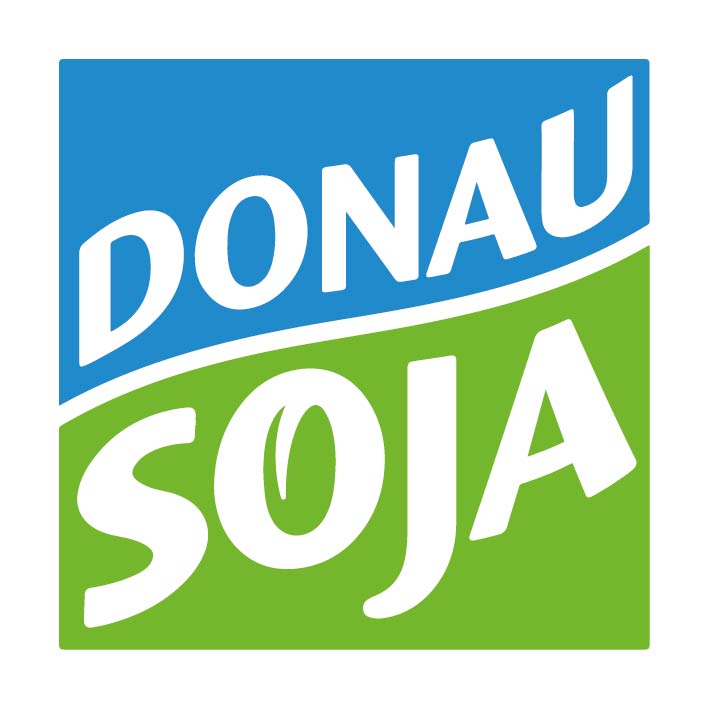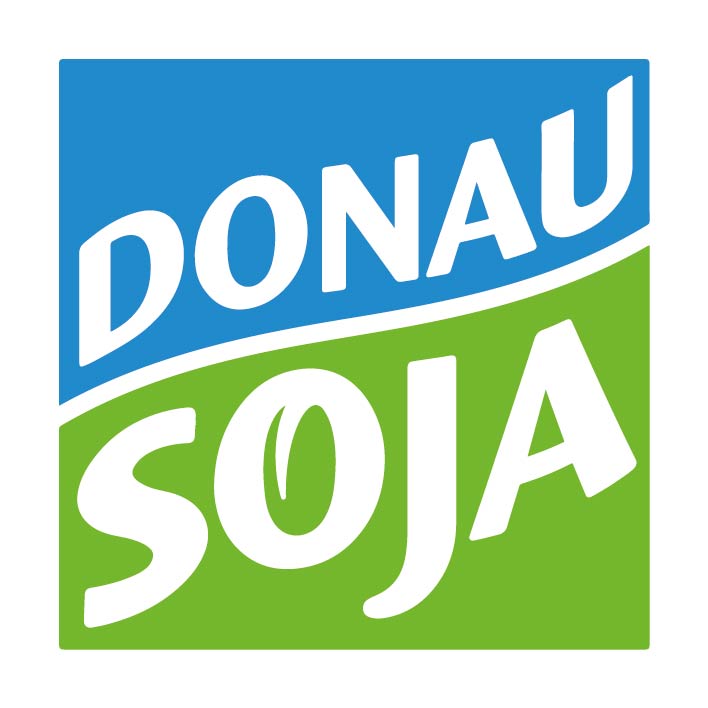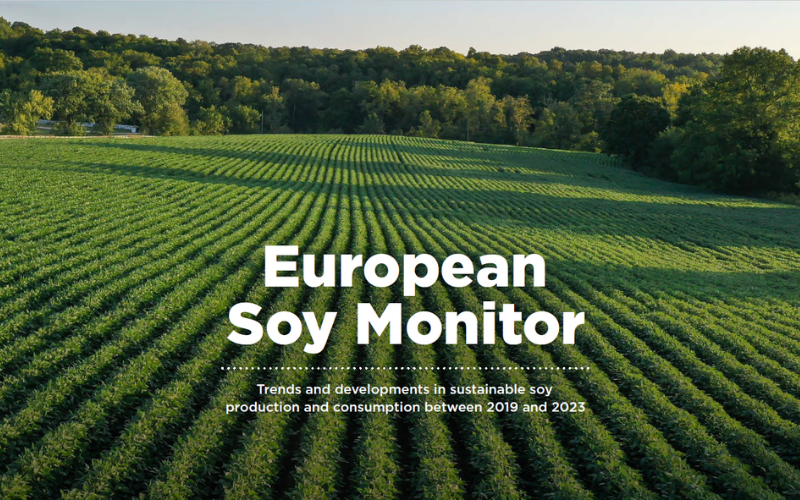The new European Soy Monitor has been published today, a joint effort by Donau Soja, ProTerra, IDH, FEFAC, RTRS and FEDIOL. The Monitor provides an in-depth overview of soya sourcing trends in the EU27+ and highlights both progress and ongoing challenges on the path towards deforestation-free and conversion-free soya supply chains.
Key takeaways from the European Soy Monitor
- 54% of soya in the EU27+ now meets the FEFAC Soy Sourcing Guidelines, up from 42% in 2019. The updated guidelines include conversion-free criteria, reflecting stronger sustainability commitments from European market actors.
- Europe remains heavily dependent on soya imports from high-risk regions such as the Amazon, Cerrado and Gran Chaco, which continue to face deforestation and land-use change.
- This dependency exposes the EU protein market to biodiversity loss, greenhouse gas emissions and compliance risks under future regulations. Improving Europe’s protein self-sufficiency is therefore critical.
The report also notes differences in the uptake of physical certified soya across Europe. While Southern European countries have made progress in sourcing physically traceable certified soya, other regions continue to rely heavily on credit-based systems. This results in varying levels of transparency and assurance across the continent.
The role of Donau Soja and the Protein Strategy for Europe
The findings reaffirm the importance of Donau Soja’s strategic direction. Through our Protein Strategy for Europe, we promote regional, certified soya production that helps reduce import dependency, enhances transparency, and contributes to environmental and social sustainability.
Regional production based on robust standards and traceability offers a practical and scalable solution to support Europe’s self-sufficiency while avoiding deforestation and reducing emissions. It also supports biodiversity, soil health and long-term resilience in European agriculture.
A call to action for sustainable soya in Europe
The European Soy Monitor calls for urgent and coordinated action from all actors in the supply chain. Industry, policymakers and civil society must work together to mitigate the risks of deforestation and invest in sustainable, deforestation-free soya supply chains. Achieving sustainable soya sourcing at scale will require stronger collaboration, targeted interventions and long-term commitment.
We invite all stakeholders to explore the report and engage with the findings – as a basis for further collaboration and joint action towards a more sustainable European protein market.
📥 Access the full report here: https://www.donausoja.org/20250701-european-soy-monitor-2022-2023/


